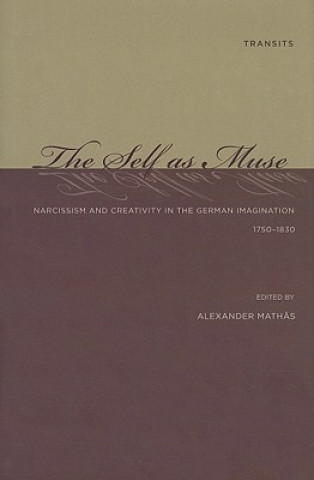
Kód: 05091819
Self as Muse
Autor Alexander Mathas
While there are countless philosophical and psychological studies that focus on sources of the self, narcissism has found relatively little attention in a pre-Freudian context. The Self as Muse fills this gap by examining various ... celý popis
- Jazyk:
 Angličtina
Angličtina - Vazba: Pevná
- Počet stran: 232
Nakladatelství: Bucknell University Press, 2011
- Více informací o knize

3811 Kč
Dostupnost:
50 % šance Máme informaci, že by titul mohl být dostupný. Na základě vaší objednávky se ho pokusíme do 6 týdnů zajistit.
Máme informaci, že by titul mohl být dostupný. Na základě vaší objednávky se ho pokusíme do 6 týdnů zajistit.Prohledáme celý svět
Mohlo by se vám také líbit
-
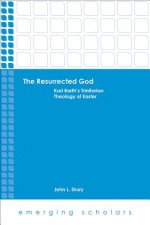
Resurrected God
1242 Kč -

I Need a Wee!
223 Kč -
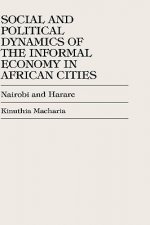
Social and Political Dynamics of the Informal Economy in African Cities
3648 Kč -
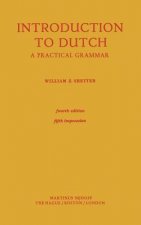
Introduction to Dutch
1681 Kč -

Uber Die Liebe
1578 Kč -
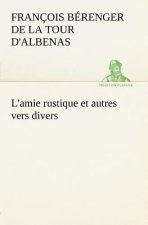
L'amie rustique et autres vers divers
658 Kč
Darujte tuto knihu ještě dnes
- Objednejte knihu a zvolte Zaslat jako dárek.
- Obratem obdržíte darovací poukaz na knihu, který můžete ihned předat obdarovanému.
- Knihu zašleme na adresu obdarovaného, o nic se nestaráte.
Informovat o naskladnění knihy
Zadejte do formuláře e-mailovou adresu a jakmile knihu naskladníme, zašleme vám o tom zprávu. Pohlídáme vše za vás.
Více informací o knize Self as Muse
Nákupem získáte 381 bodů
 Anotace knihy
Anotace knihy
While there are countless philosophical and psychological studies that focus on sources of the self, narcissism has found relatively little attention in a pre-Freudian context. The Self as Muse fills this gap by examining various aspects of narcissism and their significance for the outpouring of creativity in late eighteenth and nineteenth-century German literature. In many Eighteenth-century works of the period narcissism refers to the creation of an idealized image of the self and the desire to merge with this image. It provided an impetus for poetic production as writers resorted to the Greek myth of Narcissus to express what they perceived as the inner workings of their soul. Yet they were also acutely aware of the vain, and therefore narcissistic, motivations for their explorations of the self. While those influenced by the Pietist tradition attempted to distinguish between an "unselfish" self-scrutiny and self-indulging vanity, others like Goethe took advantage of narcissism's creative potential and integrated it into their aesthetic endeavors. The abundance of confessional and autobiographical accounts, the burgeoning of poetry drawing on personal experience, the emergence of a type of drama that is based on empathy, and the concern with an individual's ability to control one's senses and emotions in general testify to an unprecedented interest in notions of the self in German literature. Mathas explains the emergence of narcissism in the literature of the period as a sense-inspired concept that aims to bring about a better comprehension of both the self and other human beings, and how writers used narcissism to improve the moral behavior of their readers. It examines eighteenth-century representations of narcissism against the background of Freudian and post-Freudian notions of the concept, and explores narcissism as a creative process that engages both reader and writer in the production of meaning. By showing narcissism's pervasive allure for a broad array of literary productions, the vol
 Parametry knihy
Parametry knihy
Zařazení knihy Knihy v angličtině Literature & literary studies Literature: history & criticism Literary studies: general
3811 Kč
- Plný název: Self as Muse
- Podnázev: Narcissism and Creativity in the German Imagination 1750-1830
- Autor: Alexander Mathas
- Jazyk:
 Angličtina
Angličtina - Vazba: Pevná
- Počet stran: 232
- EAN: 9781611480320
- ISBN: 1611480329
- ID: 05091819
- Nakladatelství: Bucknell University Press
- Hmotnost: 481 g
- Rozměry: 238 × 157 × 21 mm
- Datum vydání: 22. April 2011
Oblíbené z jiného soudku
-
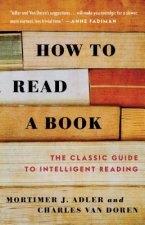
How to Read a Book
303 Kč -
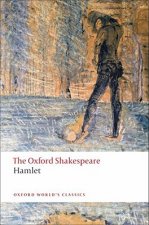
Hamlet: The Oxford Shakespeare
268 Kč -
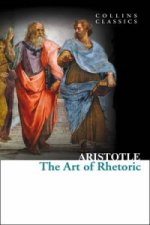
Art of Rhetoric
80 Kč -
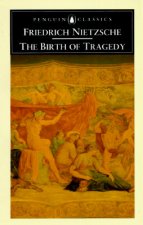
Birth of Tragedy
250 Kč -

Selected Essays
276 Kč -
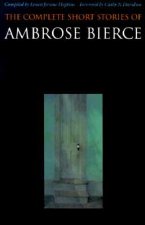
Complete Short Stories of Ambrose Bierce
518 Kč -

Serpent Power
522 Kč -
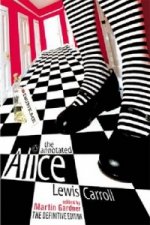
Annotated Alice
323 Kč -
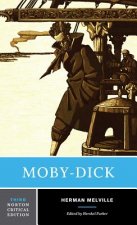
Moby-Dick
465 Kč -

Nordic Noir
410 Kč -
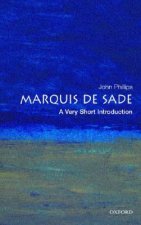
Marquis de Sade: A Very Short Introduction
273 Kč -
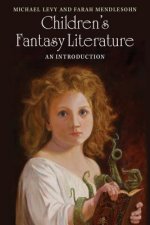
Children's Fantasy Literature
663 Kč -

Mysteries of Udolpho
302 Kč -
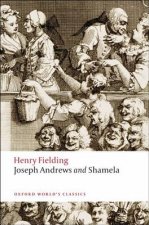
Joseph Andrews and Shamela
226 Kč -
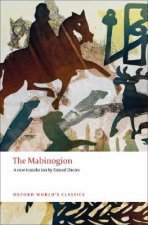
Mabinogion
276 Kč -
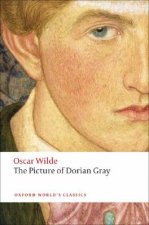
The Picture of Dorian Gray
170 Kč -
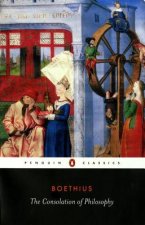
Consolation of Philosophy
276 Kč -
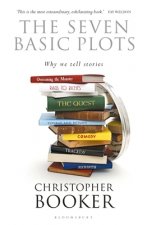
Seven Basic Plots
575 Kč -
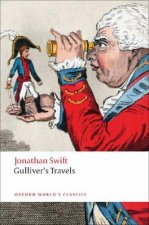
Gulliver's Travels
170 Kč -
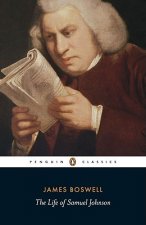
Life of Samuel Johnson
631 Kč -

Powers of Horror
1243 Kč -

Road to Hel
1373 Kč -

Sejong Korean Student Book 2A - English Edition, m. 1 Audio
733 Kč -
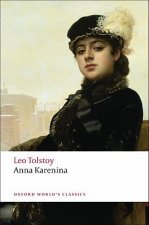
Anna Karenina
223 Kč -

Wide Sargasso Sea
236 Kč -
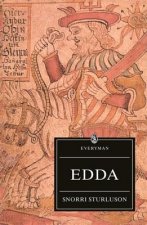
Edda
261 Kč -

Finn and Hengest
250 Kč -
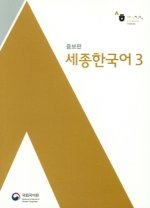
Sejong Korean 3, m. 1 Audio
681 Kč -
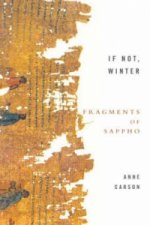
If Not, Winter: Fragments Of Sappho
353 Kč -

Africa's Tarnished Name
101 Kč -
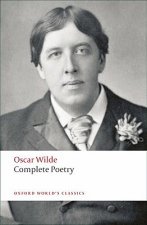
Complete Poetry
196 Kč -
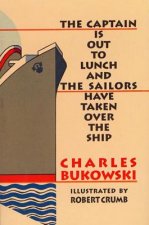
Captain is Out to Lunch
338 Kč -
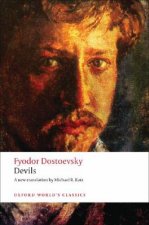
Devils
267 Kč -

Two Treatises of Government
264 Kč -
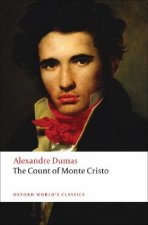
Count of Monte Cristo
276 Kč -

Sejong Korean 2 (Korean+English Version), m. 1 Audio
681 Kč -

Moveable Feast
268 Kč -

Moveable Feast
290 Kč -
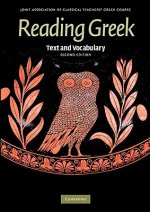
Reading Greek
964 Kč -

Dream Story
276 Kč -
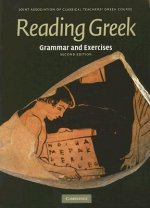
Reading Greek
1021 Kč -
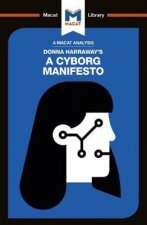
Analysis of Donna Haraway's A Cyborg Manifesto
243 Kč -
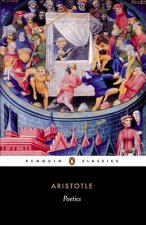
Poetics
266 Kč -
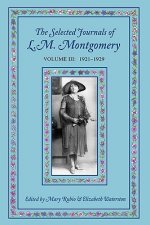
Selected Journals of Lm Montgomery Volume III 1921-1929
516 Kč -
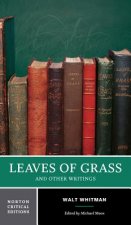
Leaves of Grass
462 Kč -
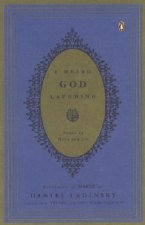
I Heard God Laughing
382 Kč -
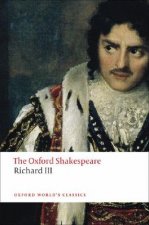
Tragedy of King Richard III: The Oxford Shakespeare
223 Kč -
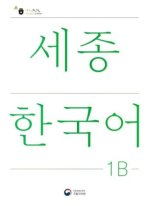
Sejong Korean Student Book 1B - Korean Version, m. 1 Audio
733 Kč -

Wild Ass's Skin
322 Kč
Osobní odběr Praha, Brno a 12903 dalších
Copyright ©2008-24 nejlevnejsi-knihy.cz Všechna práva vyhrazenaSoukromíCookies


 Vrácení do měsíce
Vrácení do měsíce 571 999 099 (8-15.30h)
571 999 099 (8-15.30h)